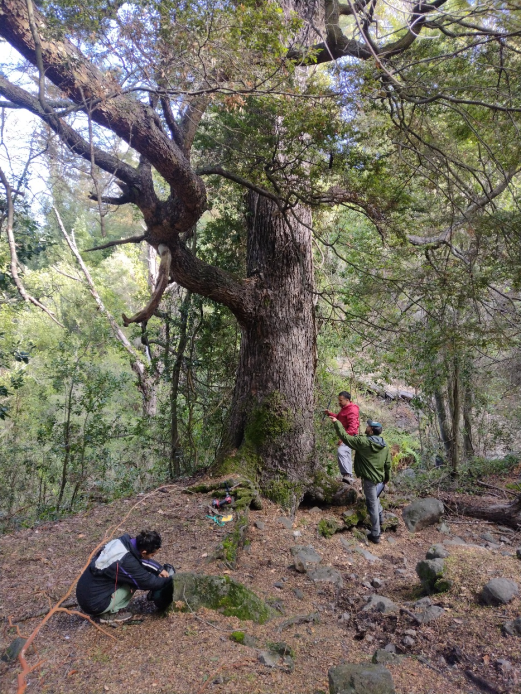Global warming is concurrently associated with a rise in occurrences of drought episodes in numerous regions worldwide, with central Chile a sad example. This region is the only Mediterranean bioregion of South America, which is considered a biodiversity hotspot due to high endemism levels and high anthropic pressure. These ecosystems since 2010 have been impacted by a period of below-average rainfall, a so-called Mega Drought (MD), so their contribution to the regional carbon sink is at risk. Here, I will talk about different studies on the impact of MD on different forests across Mediterranean Chile (30-35°S) using a network of tree-ring chronologies built by different Chilean laboratories. In addition, I will show preliminary results of complementary studies using remote sensing, ecophysiology, and wood anatomy that allow an understanding of the forest response to persistent droughts at different scales. Finally, I hope to discuss with the LTRR scientists possible future applications and methods to improve my knowledge about dendrochronology and forest ecology.
Impact of persistent droughts on forests in Mediterranean Chile
Friday, June 30, 2023 - 12:00 to 13:00
Access:
public
Room:
Speaker:
Alejandro Venegas-González
Affiliation:
Institute of Food, Animal and Environmental Sciences (ICA3) at Universidad de O’Higgins, Chile
Contact:
Steve Leavitt


